Karen Tay, Singapore's Smart Nation director, was recently in Washington D.C. to run a workshop for the World Bank on how to develop “smart cities." She says: “'Smart cities' is honestly a buzzword... when I get invited to speak, most people expect me to start with cool tech like AR, VR, AI, modeling and simulation, blockchain and the like. The fact is that cities are complex ecosystems with very established ways of operating. If we want to disrupt them with technology in a way that benefits the masses (i.e. not just the upper middle class), we need dedicated work from the ground-up, coupled with political commitment." Karen Tay's five tips for smart city efforts come from conversations and projects with smart city leaders around the world.





 Your new post is loading...
Your new post is loading...





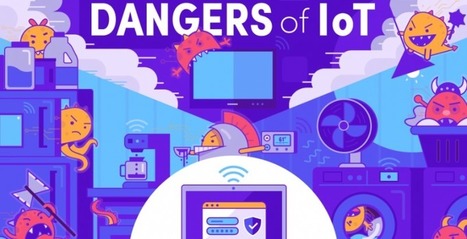





















This is the first in Sue Lebeck's four-part series "Previewing the possible for smart cities.
Standards, prestandards and potential future standards relevant to the smart cities of the future are emerging — through new paradigms, city-centric networks, alliances and consortia and certification bodies. The best practices and more that arise from these efforts will provide or inform the standardization which will lead us to our 21st century new normal for cities.
This brief compilation of emerging standards reveals the breadth of the smart city subject, the value of collaboration, the opportunities for innovation and the potential for 21st century transformation.
Starting with the ICT enablers that drive smart cities, this multi-part sampling will touch also upon energy, water, transportation, the built environment, carbon and climate, resilience, community, materials and food, finance and economic development, city business and measurement indicators.